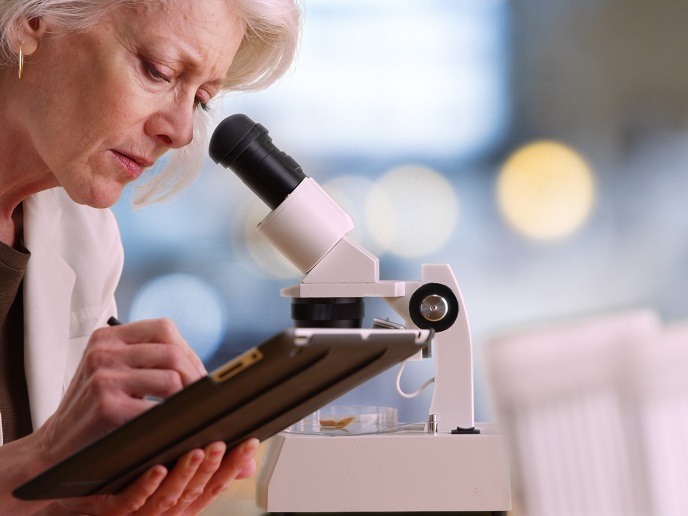Changing gender inequalities in academia and research through collaboration
Despite ongoing progress, scientific research and academia remain plagued by gender inequalities, stereotypes and discrimination. As a result, women continue to be underrepresented in the field, particularly in leadership positions. But that doesn’t mean things can’t change. In fact, that’s exactly what Gender Equality Plans (GEPs) aim to do. GEPs are used by research organisations and academic institutions to achieve gender equality. The problem is that their focus is all too often misplaced. “As they say, the road to hell is paved with good intentions,” says Anita Thaler, a researcher at the Interdisciplinary Research Centre for Technology, Work and Culture(opens in new window). “While their intention is good, too many research organisations seem fixed on fixing the women instead of fixing the system.” With the support of the EU-funded CHANGE(opens in new window) project, Thaler and her colleague Sandra Karner led an effort to better use GEPs as a means of facilitating change within research organisations.
Introducing the CHANGErs
One of the key focus areas of the project was the knowledge-to-action gap that prevents academic knowledge and research outcomes from being fully valued and, consequently, acted on. To address this challenge, the project brought together relevant stakeholders, including those from research-performing and research-funding organisations, and decision makers. “Partners involved with the project became gender experts, or ‘CHANGErs’,” explains Karner. These CHANGErs were the project’s ‘boots on the ground’ so to speak. “Our experts shared their gender equality knowledge and expertise not only within their own organisations, but also throughout their communities, regions and countries,” adds Thaler. Together, this diverse group of stakeholders co-produced practical and relevant gender equality knowledge, including the open access publication entitled ‘Customised CHANGE: Co-Producing Gender Equality Knowledge in Science and Research’(opens in new window). A total of 42 people contributed their gender knowledge and GEP experiences to the publication. “This publication is proof that our strategy of co-producing knowledge with stakeholders was a success,” notes Karner.
Long-term change starts with collaboration
The second issue the project addressed was the conflict of knowledge coming from various gender theories and practice arenas. “Within processes and organisations, these conflicts serve as a catalyst for resistance to change,” says Thaler. “We knew that when we met resistance, we were at important points for making change towards actual equality in organisations,” adds Karner. The project countered this challenge by involving transfer agents, represented by high-level management people and an organisation’s gender equality officers, from the beginning. This seemingly simple step helped overcome sometimes deeply rooted resistance. “This is further proof that collaboration and co-creation is the key to implementing sustainable, long-term change,” says Karner. “Moreover, we also invited advisors with gender, science policy and higher-education management experience, along with colleagues from sister projects, to give us feedback, provide us with advice and point us in new directions,” remarks Thaler.
Where the true change is happening
In the end, the project succeeded in enabling the change it wanted to see within academia and research. They co-created customised knowledge, established teams of gender experts and built sustainable communities within organisations. “The implemented GEPs are only the visible part of what we accomplished,” concludes Thaler. “The changes in mindsets, the co-created knowledge, the communities of practices we helped build – these are where the true change is happening.”



